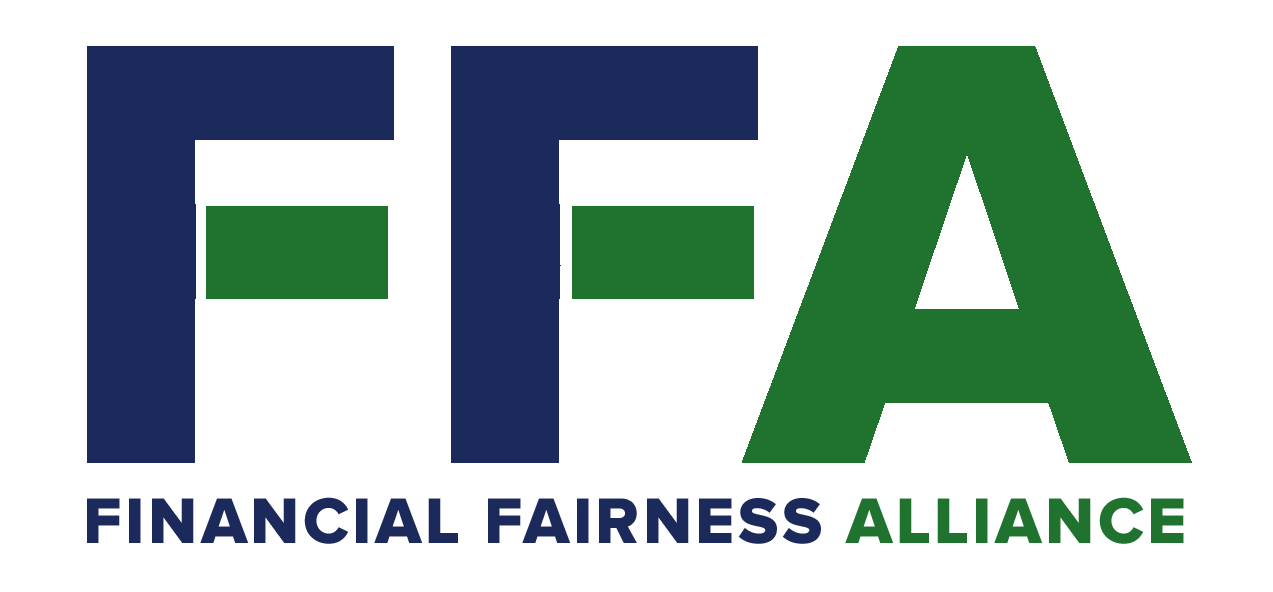FFA is focused on a variety of issues that impact the efficient operation of capital markets, regular Americans’ access to investment opportunities, and U.S. businesses’ ability to compete on a global stage. As financial regulators have shifted from protecting institutional integrity to driving activist special interest agendas, the topics of concern to everyday Americans has dramatically expanded:
Environmental, Social, and Corporate Governance (ESG)
Are regulators rewarding or punishing companies according to principles unrelated to their business model and financial soundness? How are these mandates, use of regulatory authority, and threats of novel enforcement actions re-shaping fiduciary obligations? When creating value for an individual company (and by extension, the consumer) is no longer the primary objective, the criteria to assess responsible management can become dangerous to shareholders, entrepreneurs, and employees. These circumstances enable rather than deter arbitrary government decision-making and politicized enforcement actions.
Crypto/Digital Assets
Attempts by executives of the disgraced crypto firm FTX, including by its founder Sam Bankman-Fried, to woo regulators and manipulate oversight to their advantage highlight the danger inherent in trusting regulators who know little about new innovations to “protect” investors in those markets.
Shareholder Activism and Proxy Voting
Do regulatory agencies ally themselves with activist shareholders and proxy voters as another way to influence or coerce corporate behavior? Is there a concentration of market power among companies who control the proxy voting industry and thus exert undue influence on the behavior of regulators and shareholders, by extension? When regulators collude with private actors or allow them to operate with the imprimatur of government endorsement when influencing corporate actors, the potential for misconduct and abuse of power grows.
“Stakeholder Capitalism”
A corporation’s paramount duty is to its shareholders. If regulators are encouraging undue consideration of other parties, some of whose interests may be adverse to the companies’ -- “stakeholders” – they are not protecting investors or facilitating capital formation.




